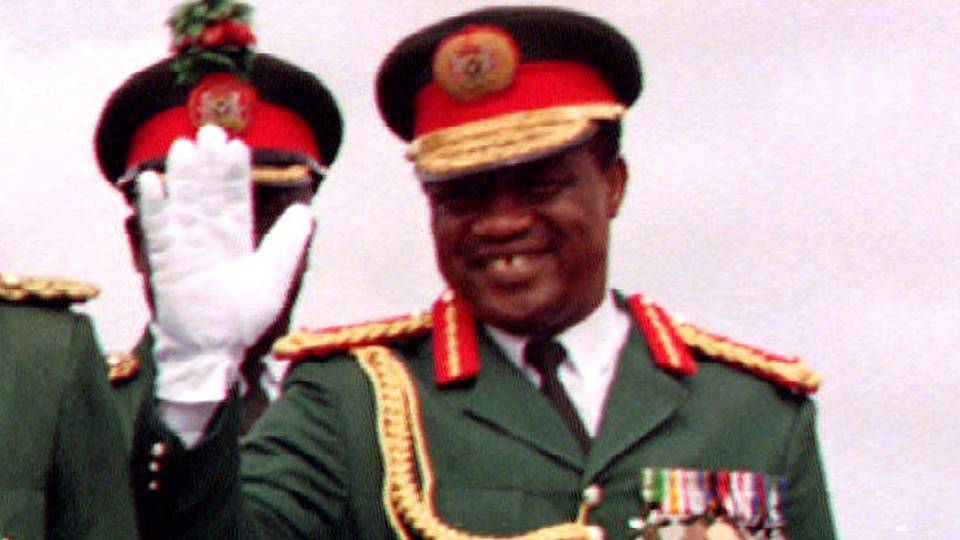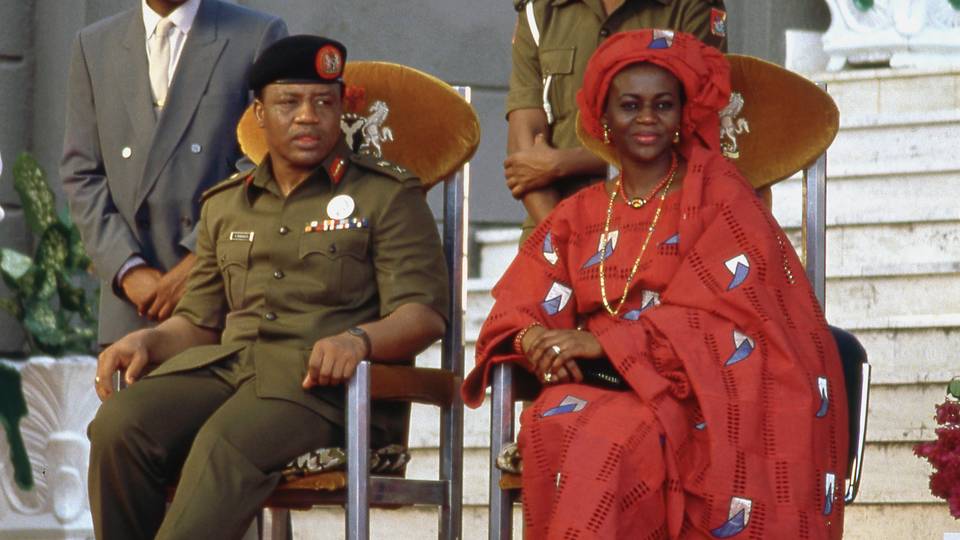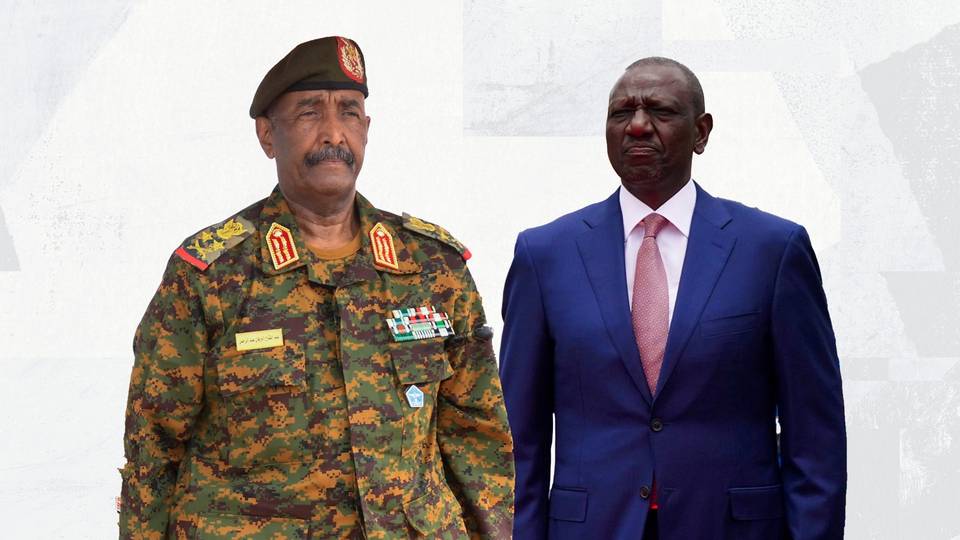Sport
Dollar
42,8153
0.02 %Euro
50,2921
0.25 %Gram Gold
6.076,6700
1.75 %Quarter Gold
9.979,8100
1.17 %Silver
95,1500
2.85 %An initiative launched in Mexico in 2003 is revolutionising healthcare in Africa's hinterland through a virtual mentoring programme connecting frontline workers with specialists in referral and teaching hospitals.

By Sylvia Chebet
The year was 1993. Mobile phones were still far from entering the public mind space, much less almost every home.
Dr Caroline Kisia, then a fresh graduate from the University of Nairobi's School of Medicine, had just been assigned to a hospital in the hinterland of Kenya's coastal county of Kilifi.
It was a mission that both excited and terrified the young doctor. "I went to work at St. Luke's Hospital at Kaloleni in Giriamaland, and it immediately felt like I had been thrown into the deep end," Dr Kisia recounts to TRT Afrika.
One night, shortly after her arrival, the young doctor received a patient with complications she had never encountered in training. She had no clue how to proceed but kept telling herself: "I am the only one they have got."
The patient had been assaulted, and his body bore deep cuts from a machete. His vital signs, such as blood pressure, were not recordable. Dr Kisia still recoils at the memory.
"So, you have to do the first things first: make sure the patient is breathing, stop the bleeding and then reverse the shock," she reminded herself, as she franctically dialled a landline to request for back-up from the Coast General Hospital in Mombasa.
To her dismay, no surgeon was available to assist her. Instead, she was reminded of the basics and told to do her best.
"We were two of us, myself and another medical officer. We had been classmates in medical school and did an internship together. We took the patient to the theater and did what we could.
“The following morning we came back to the ward hoping the patient was still alive. Fortunately, he walked out of that hospital. He survived."
Tough environment
Dr Kisia's initial days in the profession reflect the reality confronting many medical practitioners across Africa, a continent whose health sector is understaffed, underequipped, and underfunded.
Mobile phones may have become as commonplace as the African sun, but the healthcare challenges of 1993 continue to resonate. Even consultants, just like young practitioners, are forced to handle conditions beyond their areas of specialisation.
"As doctors, we are trained to know what we know, but we are also trained to know our limitations. So, if I see a patient beyond my training level, I know I am supposed to refer the person to somebody else," says Dr Kisia.
But often, when a patient requires urgent attention, and there are no specialists close enough to refer them to, the clinician or nurse deals with the situation in the best way they know. The result is poor outcomes for patients that sometimes lead to death.
"Many patients that you hear are on dialysis or have end-stage renal disease have had their diabetes poorly managed," says Dr Kisia.
Sharing of expertise
According to WHO, Sub-Saharan Africa has about 15% of the global population but carries nearly a quarter of the worldwide disease burden. Against this backdrop, the region only has 3% of the global healthcare workforce, accounting for less than 1% of worldwide spending on health.
"I was in Zambia not too long ago. They have two endocrinologists for the entire country of 18 million people. How do you ensure a specialist is treating all those diabetics? This is where Project ECHO (Extension for Community Health Outcomes) comes in," says Dr Kisia, now the platform's Africa director.
ECHO operates on a hub-and-spoke model that connects frontline healthcare personnel — doctors, nurses, midwives, pharmacists, lab technicians and even community health workers — with specialists in referral and teaching hospitals.
Dr Sanjeev Arora, the founder of ECHO, sees treating chronic illness as the equivalent of a team sport. "The aim is to de-monopolise knowledge," he explains in a TED talk. "Typically, knowledge is trapped in the brain of a super-specialist like me. And we want to share it freely with other primary healthcare colleagues."

New Mexico to Africa
Twenty years ago, Dr Arora was a liver disease specialist and one of a handful of medical professionals in Mexico equipped with the expertise to treat hepatitis C.
New patients from far and near the University of New Mexico Health Science Centre would join an eight-month-long waiting list to see him. Some ended up developing liver cancer, a consequence of untreated hepatitis C, as they awaited their turn. A few died before treatment could start.
"Not a single primary healthcare clinician in New Mexico was treating hepatitis C. So, we developed project ECHO with one primary goal. We said we would develop the capacity to treat hepatitis C everywhere in New Mexico," Dr Arora explains.
The telementoring programme, which started by handling one disease in one country, quickly took off and is now in 208 countries, helping to treat 70 diseases.
"If a disease is common, its management is complex, treatment is evolving, it has a high impact on society and worsens if untreated, then it qualifies to be on ECHO. Our vision is to improve healthcare for underserved patients all over the world, and to do it fast," says Dr Arora.
Dr Kisia points out that the platform is already revolutionising healthcare delivery in hard-to-reach areas of the continent by leveraging technology and "moving knowledge to healthcare practitioners out there instead of having to move patients to the urban areas to seek treatment".
In Africa, the model was introduced 10 years ago in Namibia. Today, 29 other countries have adopted it.
In Kenya, sessions are held every fortnight, bringing together healthcare workers from all 47 county hospitals and experts from referral hospitals. In Sudan, an ECHO hub that had been established to treat chronic illnesses, is now helping to manage patients wounded in the ongoing war.
"One of the benefits that healthcare workers have derived from ECHO is feeling less isolated," points out Dr Kisia, referencing her early days as a doctor in the back of beyond.
➤ Click here to follow our WhatsApp channel for more stories.
Comments
No comments Yet




















Comment